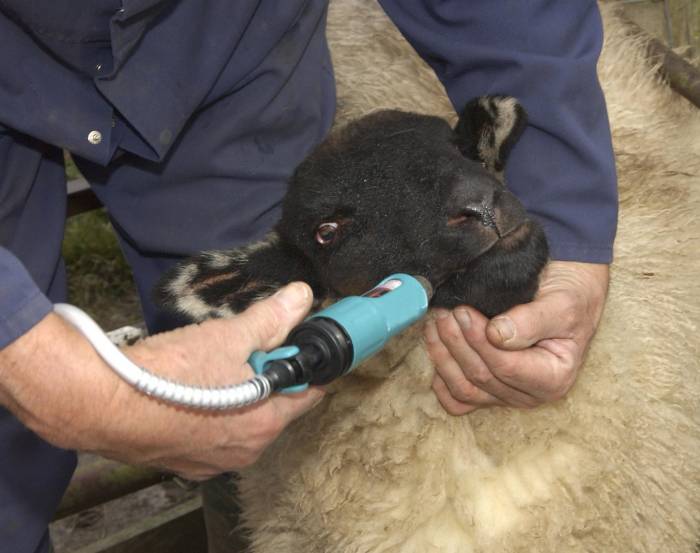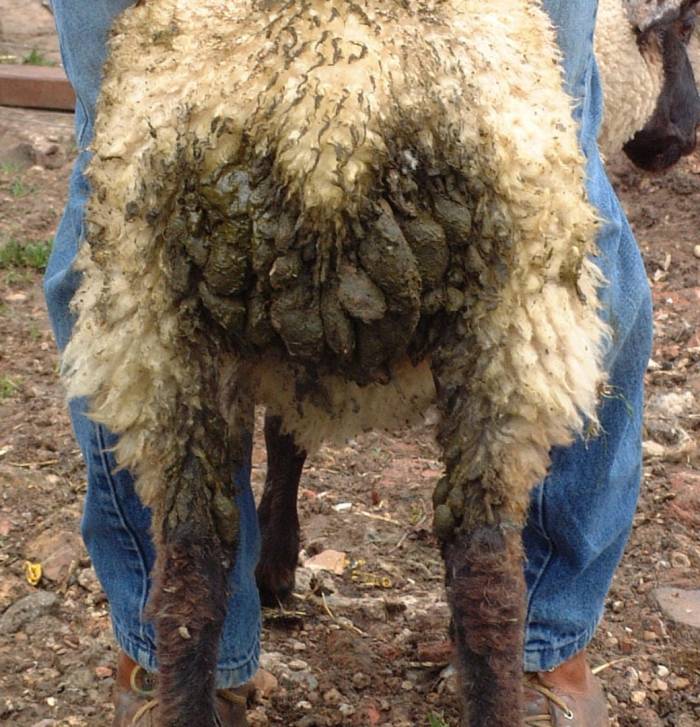Historically, sheep farmers in the UK have used highly effective parasiticides (wormers, flukicides, pour-ons, dips etc) combined with grazing management, biosecurity measures and good husbandry to control internal and external parasites. For decades this was successful, but with this heavy reliance on chemical treatment came the development of resistance by the parasites to the treatments. More recently, concern that over-use of medicines also poses threats to the environment has also focussed attention on the need to develop sustainable parasite control methods that rely less on chemical control.
Every time a product is given to sheep, this exposes the parasites in or on those sheep to the active ingredients, putting selection pressure on that population of parasites. This is because genetically susceptible parasites are killed, leaving a population of parasites that have the genetic capability to survive exposure. These survivors then go on to breed and the proportion of resistant parasites increases over the generations. In time, the population will become totally resistant. Sustainable parasite control involves taking action to slow this process, ensuring parasiticides remain effective for as long as possible.
The main challenge for sheep farmers is taking action before it is obvious resistance is building in the parasites on the farm. By acting early, the process can be slowed right down. Waiting until it is forced upon you means it is too late and the options and ability to control parasites on a farm will be very limited.
There are a number of benefits to taking action early:-
Watch this handy AHDB video about why worm control is important and listen to the "SCOPS principles-in-actions" podcast.

